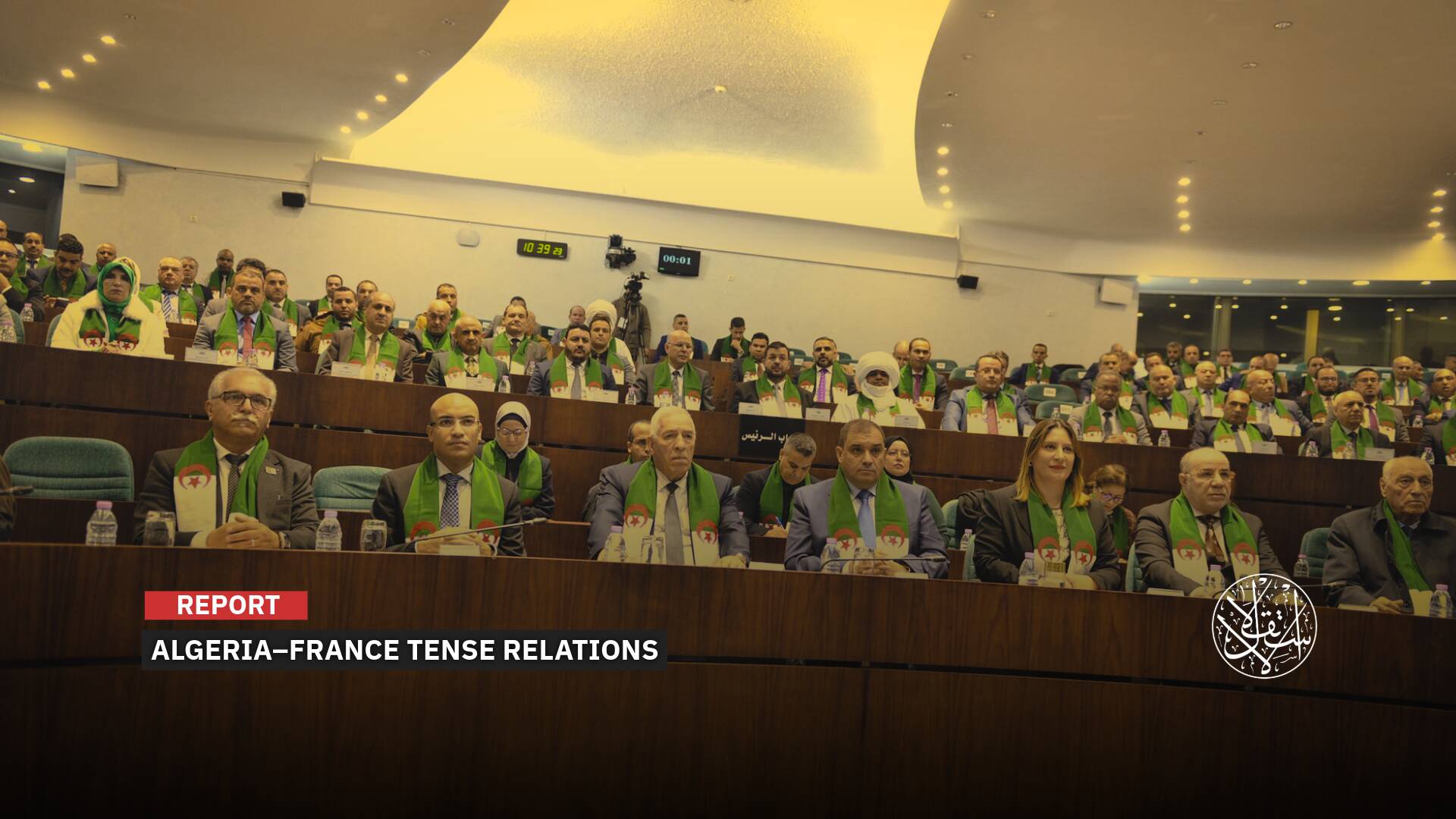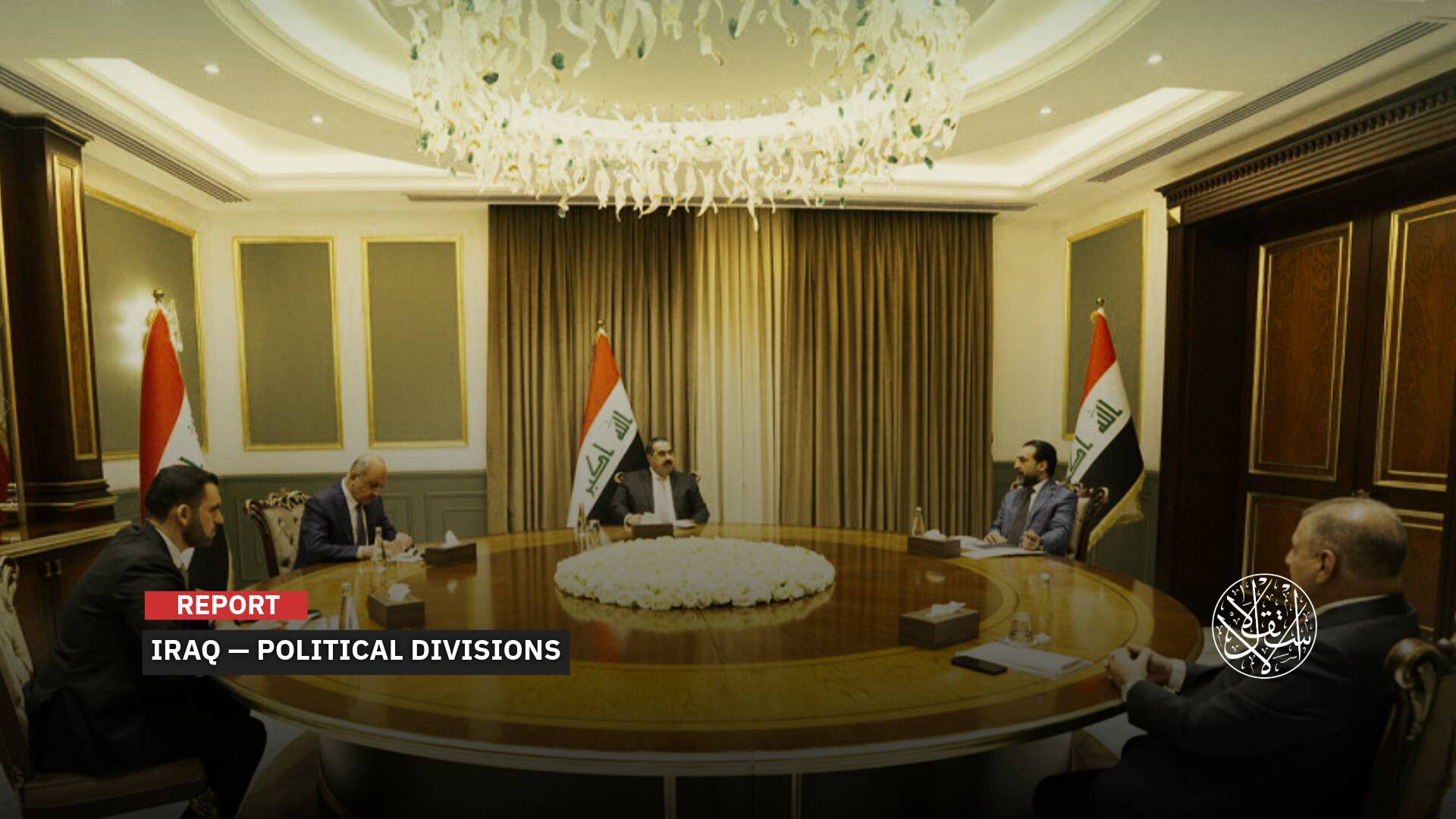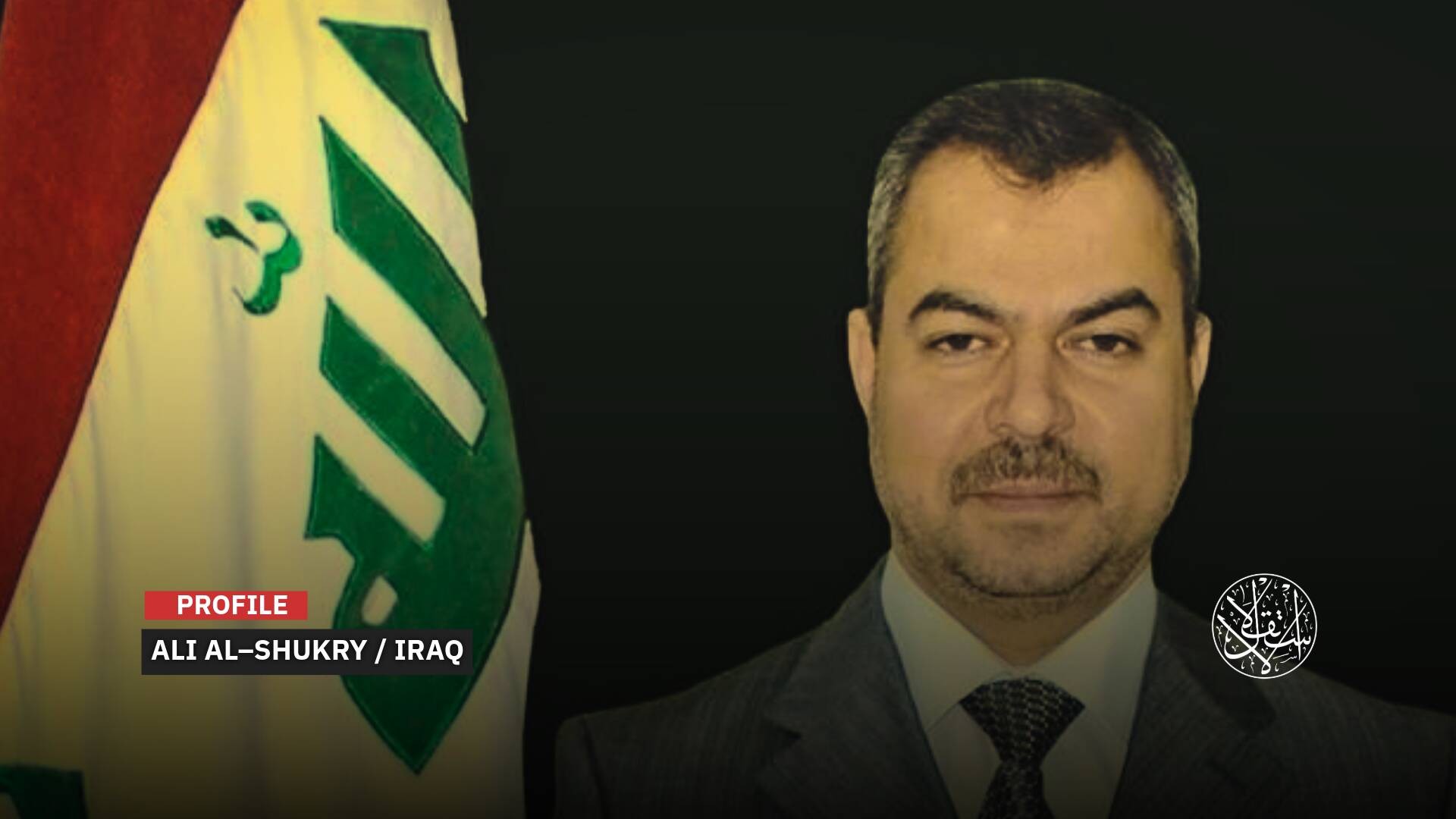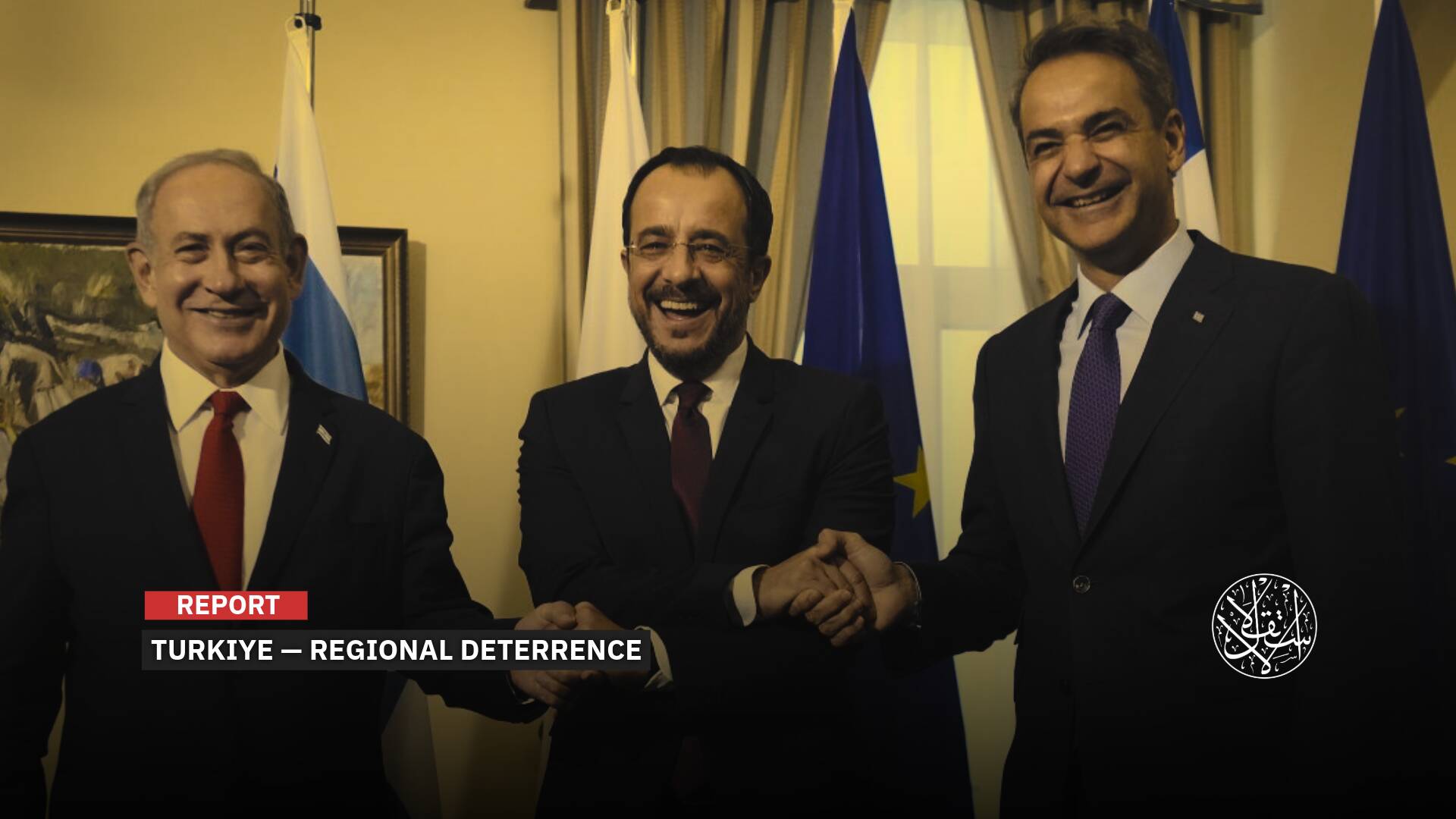This Is How Iranian Intelligence Is Targeting Dissidents in Europe

Iran has a long history of brutal operations aiming to eliminate dissidents in Europe. The Kurdish opposition leader Abdul Rahman Ghassemlou, former Iranian Prime Minister Shapour Bakhtiar, and opposition figure Fereydoun Farrokhzad are well-known victims of Iran’s terror machine.
A Belgian Appeal court sentenced three Iranian–Belgians to 17 and 18 years prison terms for their participation in planning an attack on an Iranian opposition rally in France in 2018.
The three were also stripped of their Belgian citizenship, according to the text of the ruling issued by the Court of Appeal in Antwerp (North Belgium).
Amir Saadouni, 41, Nasimeh Naami, 37, and Mehrdad Arefani, 58 were convicted of "attempting to carry out a terrorist assassination" on June 30, 2018, in Villepinte, near Paris.
The Court of Appeal upheld the sentence issued by the Court of First Instance against the spouses, which is 18 years in prison, while it hardened the sentence issued by the Court of First Instance against Saadouni in February 2021, increasing his prison term from 15 to 17 years.
Last year, the Iranian Assadollah Assadi, who is widely believed to be the mastermind of the operation was sentenced to 20 years in prison, which is the maximum sentence. The diplomat, who was working at the time at the Iranian embassy in Vienna, refused to appeal the ruling.
Bombing Paris Rally
In its decision issued on May 10, the Court of Appeal noted the role and "active participation" of the three partners, along with Assadi, in "Section 312 of the Iranian Ministry of Intelligence and Security" that ordered the operation.
The Iranian diplomat Assadollah Assadi has been imprisoned for 20 years in Belgium. However, Tehran denied, through Foreign Ministry spokesman Saeed Khatibzadeh, "baseless allegations" about a link between the three Iranians - the Belgians and Assadi. Iran had previously condemned the trial, describing it as "illegal due to the diplomatic immunity" that Assadi enjoys.
According to the prosecution, the plan was to carry out a bomb attack on June 30, 2018, in Villepinte, near Paris, against the large annual gathering of the National Council of Resistance of Iran, a coalition of opponents of the Tehran regime whose main component is the People's Mojahedin Organization.
On the same day, the Belgian police announced the arrest of a Belgian couple of Iranian origin living in Antwerp, near Brussels, with 500 grams of explosives and a detonator in their car.
A Belgian anti-terror court investigation soon revealed the connection of Arefani, who was arrested the same day in Villepinte and was responsible for directing those tasked with placing the bomb on the coordinator's instructions, according to the appeals court.
This file raised diplomatic tension between Tehran and many European capitals, including Paris.
Liquidating Opponents
According to a German report, European intelligence services recently monitored Iran sending terrorist and assassination squads to the European continent to liquidate opponents of the mullahs' regime, which will push its countries to disengage from the nuclear agreement.
The private German newspaper, Süddeutsche Zeitung, said in a report published in April 2019, that "there are only two words together that make the greatest concern for Europeans at present: Iran and state terrorism," explaining that the Iranian regime has been sending killing squads in recent decades to regions different parts of the world to assassinate its opponents.
The report stressed that the US Central Intelligence Agency monitored, between 1979 and 1994, that Iran carried out 60 complete assassination attempts against opponents of the regime, many of which took place in Europe.
The newspaper asked: “Does Iran still follow the same methods?” The answer was that anxiety fills European capitals, and reached the Chancellery in Berlin after it was found that Iran recently sent death squads and assassinations to the continent to assassinate opponents.
It continued saying that the intelligence services are working on the premise that sending these teams is only the beginning, and that Tehran threatens Europe with a new wave of terrorism.
"If the Iranian regime continues to use this method, it will be very difficult for Europe to comply with the nuclear agreement," the newspaper quoted an unidentified senior German official as saying.
Systematic Targeting
In an interview with Al-Estiklal, Soumia Rahali researcher at Sabahtin Zaim university said “Europe did not spare from Iran's destructive acts targeting opponents of the Iranian regime under the guise of diplomacy. Paris incident was very damaging to the relations between Europe and Iran.”
She added: “European governments arrested many terrorists working for Iran, but they were unable to deter Tehran because it was only punishing the perpetrators of those acts, not the regime that was giving orders to carry them out.”
While Tehran, as usual, denies involvement in its plans for terrorist operations, investigations reveal a history of foreign Iranian terrorism.
The revelation by 3 security services in Europe about the Iranian regime's attempt to blow up the Iranian opposition conference in Paris comes as one of the links in the series of direct terrorist operations of the Iranian regime.
The investigations, led by the French, Austrian and German services, revealed that Assadollah Assadi, who is the third advisor at the Iranian embassy in Vienna, was linked to the terrorist plot to bomb the Iranian opposition conference in Paris, and he communicated with the perpetrators, before being arrested in Germany.
Sanctions on Iranian intelligence
The European Union imposed sanctions on the Iranian Ministry of Intelligence and Iranian officials in response to the plots to assassinate Habib Jabr, head of the Arab Struggle Movement for the Liberation of Ahwaz in Denmark, as well as the attempt to bomb the conference of the Iranian opposition "People's Mojahedin Organization" near Paris.
Danish Foreign Minister Anders Samuelsson hailed the imposition of EU sanctions on Iran as an "important day for European foreign policy".
Many political analysts pointed out that the European sanctions on Iran represent a painful blow to the Iranian regime, which denies its involvement in the assassinations of its opponents on European soil every time. This requires tighter control over Iranian diplomatic missions under which the intelligence services hide.
Iran has benefited during 40 years of European inaction with its activities to continue tracking and spying on opponents, and its affiliates have carried out multiple attempts to target opponents of the revolution, especially among the Kurdish opposition elements.
The American The Daily Beast website revealed that, in conjunction with the wave of arrests against Iranians in Europe, the elements of the Iranian services are increasingly taking steps across Europe and Africa, and exploiting its diplomatic missions abroad as tools to employ force uncharacteristically since the nineties of the last century.













